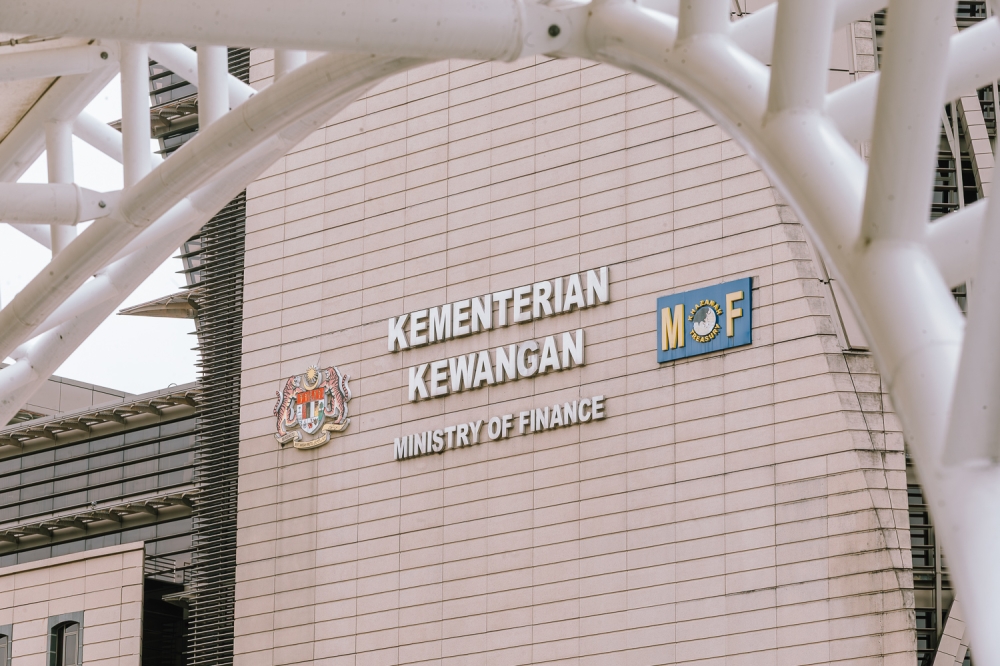MARCH 21 — The Lincoln and Douglas Illinois senatorial race of 1858 may be an odd place to begin a discussion about the collapsed effort to enforce a Generational End Game (GEG) here in 2023, but hear this out.
That contest between two behemoths of pre-civil war America was seen as a precursor to the presidential election two years later.
But far more radical, it provided a series of debates about slavery, over a century and half before Abolition in the United States. It was and still is a provocative yet succinct method to examine social progression — when to have it.
Enforce social change when people are ready or to force it upon them on the basis it is a moral decision?
Stephen A. Douglas felt citizens have to be brought along when possible but by large the collective will must be respected.
Abe Lincoln had no doubt that the curse of slavery had to end even if voters opposed hard shifts and therefore denied him elections.
The sheer repugnance of slavery in any era notwithstanding, the argument on whether to enforce morality on citizenry is fraught with landmines.
Malaysia’s GEG proposal inspired by New Zealand’s 2022 success was designed to get the moral support of 222 MPs rather than factor how voters reacted to it, let alone gather their support.
The intention? To stop the future smoking whether it likes it or not. Because it is the right thing, to have a society that does not smoke and does not burden the health system RM5 billion annually.
This column previously expanded on the principle contradiction to punish future voters but not to burden present voters with the same demand as hypocritical. It’s rich to have moral pretensions for our children but not ourselves.
Unsurprisingly, New Zealand last year removed its crown as the first country to ban future generations smoking when its new government announced measures to reverse the policy.
If Malaysia did not decouple GEG from the Control of Smoking Products for Public Health Bill 2023, then it will today be the only country in the world to ban future generations smoking.

Legislation without engagement is trouble
The usual way to make fun of despotic nations is to poke fun at their laws. Sudan imprisons its homosexuals up to eight years, and North Koreans are required to vote in elections despite only one name on the roll.
They are punching bags for functioning democracies.
Those democracies take pride in how social progress faces greater rigour. If it is right then it should be done right, not forced through.
Seed the idea, encourage public discourse about it with the role of media, and stage by stage means test it. Just because it is slower it is not inferior. Laws are respected more if they emanate from the people rather than laid thick on the people.
To circumvent the people and to decide purely at forums like Parliament is disingenuous. Which is how GEG was intended to be passed in Malaysia, through MPs and not the people.
The adage that people vote in politicians and therefore should trust their judgement is true to a point. MPs cannot refer back to their voters daily to know their thoughts on Bills and resolutions in select committees and floor debates.
Any voter can write in, and that voter’s view would be considered but MPs are not in a position to canvas views for everything, they’d end up spending their time asking voters rather than legislating in the Dewan Rakyat.
But when there are monumental decisions which alter society profoundly, then the people need to be actively engaged.
In the GEG instance, none of the three coalitions involved bothered to ask the Malaysian people their opinion specifically about it? I’d wager more than half the country is ignorant about GEG, let alone possess opinions about it.
Was there a government survey?
Or better, at the next general election add a GEG referendum. That would better guide our MPs.
The failure to bring people on board
The government has made it illegal to smoke in public spaces, like bars, restaurants and mamak since January 1, 2019.
More than five years later, it's lip service only.
This column is presently written in a bar with smoking patrons. The memo never reached them. Half a decade later, they are oblivious they are breaking the law.
They don’t care. The bar staff certainly don’t since they place ashtrays on each table. The owners long ago forgot about the rule. Perhaps with the same minister, Dzulkefly Ahmad, back in the portfolio, the health ministry will look at more practical gains for the rakyat by enforcing smoke-free zones before grandstanding with generational bans.
At the mamak, where infringers fervently seek to break personal stick per day records.
At the MRT bus stop, where Rapid KL drivers between shuttle drives puff away so commuters can fully access secondary smoke.
Long before the government tries bold measures like completely ending smoking in a generation it may want to cut its teeth by upholding the present rules first.
The rules are a basis to promote public discourse.
New Zealand’s failed GEG arrived 18 years after they banned smoking in public spaces, just like Malaysia.
The major difference being in New Zealand it is respected, and in Malaysia, not at all.
For us not to do the basic, like battle people who resist public smoking rules but instead opt for a catch-all law is bizarre.
Generations in motion
It happens a lot. Father walks with child in tow, casually smoking while fulfilling his parental role.
Many Malaysians are unaware that small children with small lungs suck in more second-hand smoke from parents. Nor do they care if the man next to their table puffs away, blowing ring shapes as halos for their children.
Here is where the government has to act. Not handcuff parents or take children away from them, but to confront those parents or patrons, inform them, and warn them of such behaviour. These are uncomfortable conversations, and often end confrontational.
The path to normalise discussions about smoking begins with restricting it first.
Ending it in our society is a long way off.
A focus on an improbable immediate end dampens efforts to practical first steps which lead to eventual erosion of the smoke culture. One is fanciful, and the other a firm path to change, though eventually.
Or more pointedly, between the two, one can save or extend lifespans of people, and the other is only good for virtue-signalling.
* This is the personal opinion of the columnist.






















